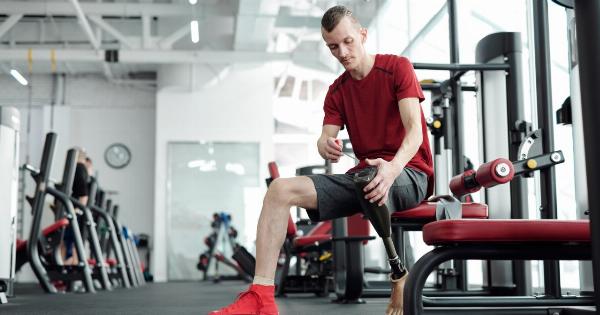Do you have trouble waking up in the morning or staying up late at night? Are you a morning person or an evening person? The answers to these questions could be rooted in your biology, and the science behind chronotypes can help us understand why some people thrive in the morning and others are more productive at night.
Chronotypes
Chronotypes refer to the inherent timing of an individual’s biological clock, which results in a preferred time for sleeping, waking up, and being active.
There are three primary chronotypes: morning types (larks), intermediate types (hummingbirds), and evening types (owls). Morning types tend to feel most alert and energized in the morning and experience a decline in energy levels by mid-afternoon.
Intermediate types have a more even distribution of energy throughout the day, while evening types experience a peak in energy levels around 8 pm and may try to stay up late at night.
The Circadian Rhythm
The circadian rhythm is a physiological process that regulates our sleep-wake cycles.
It’s responsible for telling us when to sleep and when to wake up, and it helps to explain why we experience jet lag and why social jet lag (the difference between our natural chronotype and our work schedule or social life) can be detrimental to our health. The circadian rhythm is influenced by external cues such as light and temperature, as well as internal cues such as melatonin and cortisol levels.
The Genetics of Chronotypes
Research has shown that chronotypes are at least partially influenced by genetics.
One study found that a variant of the gene CLOCK was associated with being a morning person, while another study identified a mutation in the gene PER3 that was linked to being an evening person. However, it’s important to note that genetics are only one factor that contributes to chronotypes, and environmental factors such as light exposure and work schedules can also play a role.
The Benefits of Being a Morning Person
There are many benefits to being a morning person if that is your natural chronotype. Studies have shown that morning people are more likely to be proactive, have better self-control, and experience less stress than evening people.
Morning people are also more likely to exercise regularly and eat a healthy breakfast, which can have positive impacts on their health. In addition, research has shown that morning people tend to be more successful in school and work, and they are often perceived as more reliable and responsible than evening people.
The Benefits of Being an Evening Person
While morning people may have some advantages, being an evening person also has its perks. One study found that evening people tend to have higher IQ scores than morning people, and they are more likely to be creative and open-minded.
Evening people may also be better suited for jobs or activities that require sustained attention over long periods, as they tend to experience a peak in alertness and productivity in the late evening. In addition, being an evening person may have social benefits, as many social events and activities tend to occur in the evening hours.
How to Determine Your Chronotype
If you’re not sure what your chronotype is, there are several online quizzes and assessments you can take to help you determine your natural sleep-wake rhythms.
One popular test is the Morningness-Eveningness Questionnaire (MEQ), which asks a series of questions about when you prefer to go to bed, when you wake up, and how alert you feel at different times of day. Another test is the Munich Chronotype Questionnaire (MCTQ), which tracks your sleep patterns over the course of a week to determine your natural sleep-wake rhythms.
How to Optimize Your Productivity Based on Your Chronotype
Once you know your chronotype, you can use this information to optimize your productivity and well-being. If you’re a morning person, try to schedule important tasks and meetings for the morning hours when you are most alert and focused.
Take breaks in the afternoon when your energy levels naturally decline. If you’re an evening person, structure your day so that you have time to work on important tasks in the evening hours when you are most alert and focused.
Try to avoid scheduling meetings or activities that require sustained attention early in the morning when you may be less alert.
The Bottom Line
Whether you’re a morning person or an evening person, understanding your natural chronotype can help you optimize your productivity and well-being.
Genetics, environmental factors, and social influences all play a role in determining our natural sleep-wake rhythms, and there are benefits to both morning and evening orientations. By taking the time to understand your chronotype and working with your natural rhythms, you can achieve greater success and well-being in all areas of your life.





























